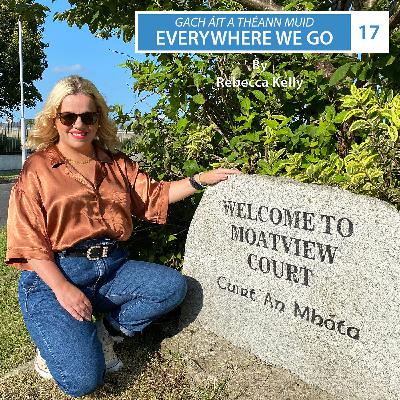Masking, meltdown, and the courage to be seen: how advocacy turns judgement into belonging
Description
Start with the truth: a teenage girl cried for a year after the “good first day back” and a mum climbed in beside her with Harry Styles on the stereo, late‑night drives, and a plan to let light in. That’s how Just Two Girls was born—out of burnout, misdiagnosis, and the stubborn belief that honesty saves lives.
We open up about the early years—meltdowns in supermarkets, running and hiding, sensory pain around showers and hair brushing—and how a neat dyspraxia label hid what was really going on. School called Kate “a pleasure to teach” while she masked so hard she wrote “help” on sheets of paper in class. We dig into the system ping‑pong between disability teams and CAMHS, why girls are so often missed, and how a late autism diagnosis at 17 changed everything. The shift is immediate: permission to be herself, language for needs, and the confidence to say “autistic and proud” even when someone stares at curled hair and says the quiet part out loud.
There’s humour in the grit—airport assistance in pink cowboy hats, the learning hub that couldn’t compute “autistic” with “put‑together,” and the moment we asked a school to take down puzzle‑piece imagery. There’s also a practical spine for anyone navigating similar terrain: why medication became a bridge out of despair, how to design routines that regulate, what ARFID looks like beyond “picky eating,” and how sensory‑friendly hours and apartments can make travel survivable. We don’t accept “just stay home.” Access isn’t a perk; it’s parity. And advocacy isn’t branding; it’s letting someone else breathe easier because you spoke first.
If you’re a parent searching for hope, a teacher trying to help the “quiet” student, or a teenager wondering why you feel like an alien in a crowded room, pull up a chair. We’re building the thing we needed: clear language, small wins, and the courage to be seen on the bad days as much as the good ones. Subscribe, share this with a friend who needs it, and tell us: what would make public spaces kinder for you?
Hosted on Acast. See acast.com/privacy for more information.





